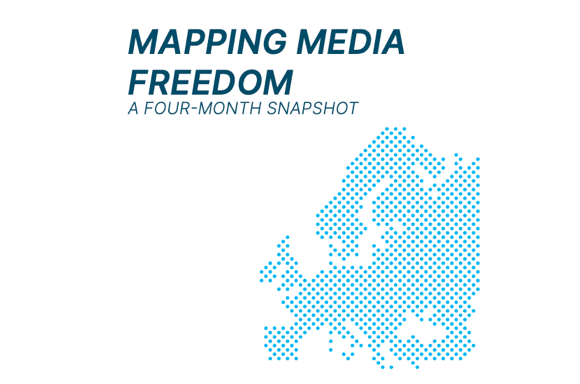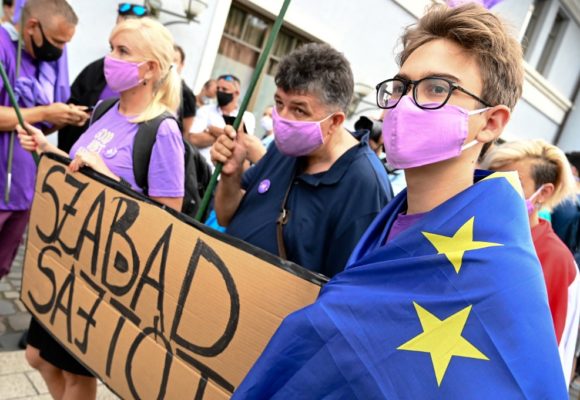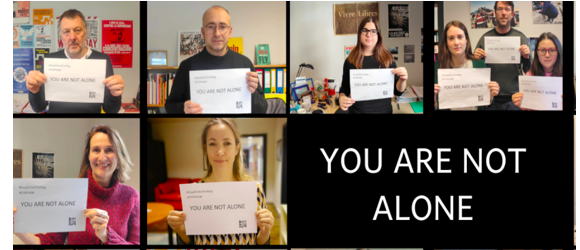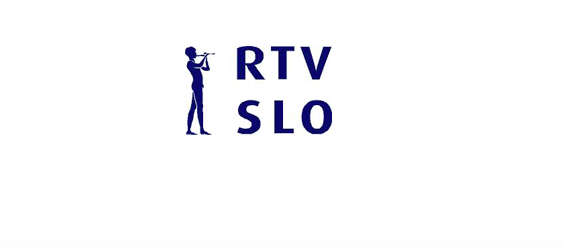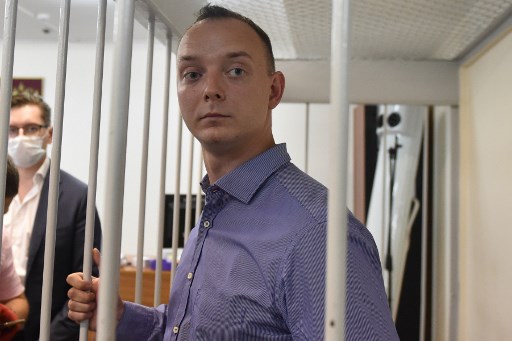120 alerts in 4 months: first MFRR-report documents severe threats to media freedom across Europe
DOWNLOAD THE FULL REPORT HERE The year 2020 seems to add another sad chapter on the decline of media freedom in Europe. Main reasons were the impact of the Covid-19 crisis, police violence and online harassment. Find all details in first MFRR-report. The monitoring report compiled by European Federation of Journalists (EFJ) and International Press Institute (IPI), with support from ECPMF, gives unprecedented insight into the threats to media freedom in EU member states and Candidate Countries. Within the monitored period from March to June a total of 120 alerts were registered on the mappingmediafreedom.org platform from two-thirds of the countries covered…

